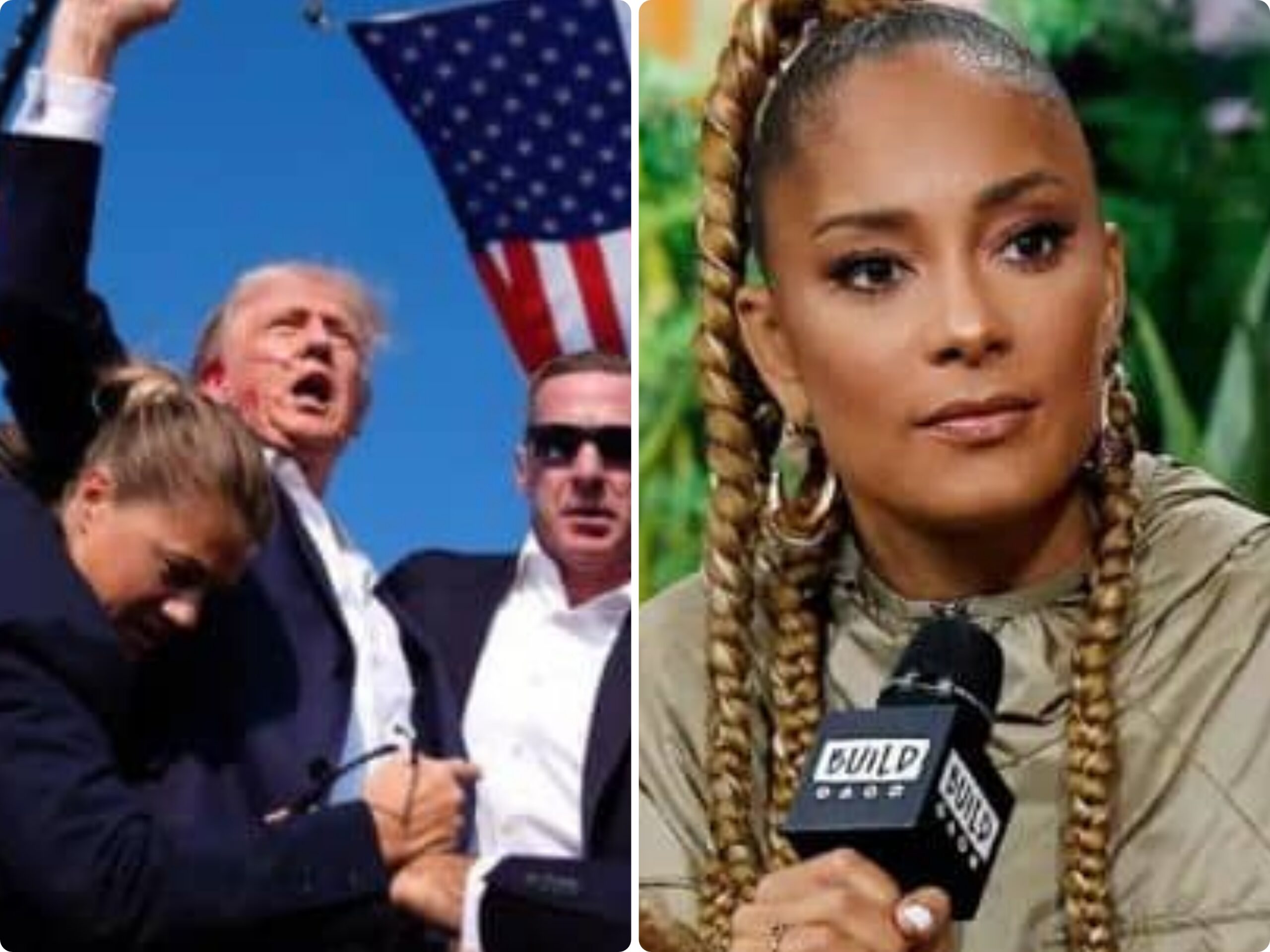In a shocking and unprecedented event, the political landscape of the United States was rocked when 20-year-old Thomas Crooks allegedly shot former President Donald Trump at a rally in Pennsylvania.
The incident, which occurred amidst a sea of supporters, has sent shockwaves through the nation and has raised numerous questions about security, political discourse, and the motivations behind such a drastic act.
On Saturday July 13,2024, Donald Trump was addressing a crowd of thousands at a rally in Pennsylvania, part of his ongoing campaign efforts.
As he spoke, chaos erupted when a gunshot rang out, striking the former president.
Security personnel quickly apprehended the suspect, identified as Thomas Crooks, while emergency services rushed Trump to a nearby hospital.
Details about his condition have since been closely monitored, with updates suggesting that he is in stable condition and recovering.
Who is Thomas Crooks?
Thomas Crooks, a 20-year-old resident of Pennsylvania, has now become a household name for all the wrong reasons.
Friends and acquaintances describe Crooks as a quiet, introverted individual.
However, his recent actions have left many stunned and searching for answers.
Crooks’ social media profiles reveal a young man deeply engaged in political discourse, though the nature of his posts suggests a growing disenchantment with the current political climate.
Neighbors and former classmates expressed shock at his involvement in such a violent act, with many stating that they never saw any indication of his potential for violence.
As authorities delve deeper into Crooks’ background, they are piecing together potential motives behind his actions.
Initial investigations suggest that Crooks may have been influenced by the highly polarized political environment, exacerbated by various online forums and conspiracy theories.
It remains unclear whether he acted alone or was part of a larger network of individuals with similar intents.
Experts in political science and psychology have weighed in on the situation, noting that the current state of political discourse in the U.S. can sometimes push individuals to extreme actions.
The combination of social isolation, exposure to radical ideologies online, and a sense of disenfranchisement can create a dangerous cocktail, leading to acts of violence.
The shooting has elicited a strong response from all corners of the political spectrum.
President Joe Biden condemned the act, calling for unity and a lowering of the temperature in political rhetoric.
“Violence has no place in our democracy,” he stated. “We must come together to ensure the safety and security of all our citizens, regardless of political affiliation.”
Prominent figures within the Republican Party have expressed their outrage and concern, while also calling for increased security measures at political events.
Trump’s supporters have rallied, expressing their solidarity and hoping for his swift recovery.
On the other side, political analysts are urging a closer examination of the factors that lead to such extremism.
The incident has sparked renewed debates on gun control, mental health, and the role of social media in spreading radical ideas.
As the nation grapples with the aftermath of this shocking event, the focus now shifts to healing and preventing future occurrences.
Authorities are expected to release more details about the investigation in the coming days, providing further insight into Thomas Crooks’ motives and background.
In the meantime, the incident serves as a stark reminder of the need for a more respectful and empathetic political discourse.
The United States, a beacon of democracy, must navigate these troubled waters with a commitment to peace, dialogue, and understanding, ensuring that such acts of violence remain a rare anomaly in its rich political history.
The attempted assassination of a former president is a grave and sobering moment for any nation.
As Thomas Crooks faces the full extent of the law, the country must come together to address the underlying issues that lead to such extremism.
Only through collective effort and a commitment to democratic principles can the U.S. hope to emerge stronger and more united in the face of such challenges.



